We are pleased to announce that in a run of luck, we were able to collar three cheetahs in five days during one trapping event in late July. Immediately following our mid-year review, our research team took advantage of the opportunity of having our veterinarian, Erik Verreyne, visiting Ghanzi for cattle work, and scheduled a 10-day cheetah trapping session. The research staff couldn’t believe their luck when we received a phone call the very first day of the traps being open, that a cheetah had been caught on a game farm just north of Ghanzi town. The cheetah – a male weighing 54kg (119 pounds) was immobilized, given a full health check and fitted with a GPS tracking collar. This collar, (along with the other two that had been fitted of a total of seven collars) would track movements through the farms, give us data on land use, home range size and transboundary movements, all helping to inform our human-wildlife coexistence work.
The first cheetah was collared on the Sunday. On Monday a different cheetah on the same farm was also collared. And by that Wednesday a third was collared on the same farm. This is a particularly large farm – the game and cattle sections totaling approximately 120,000 hectares. Our previous research has indicated that game farms tend to attract more cheetahs due to the presence of more varied natural prey species than one finds on neighbouring cattle farms. But regardless, it was still surprising that we caught three different cheetahs in a small area in such a short period of time. Analysis of the data since collaring indicates that two of the three cats appear to be part of the same group (known as a “coalition”) who seem to be holding the territory around the game farm. The third lone male was likely a transient male passing through the farm. He has since moved 40km (25 miles) away in the 10 days since he was collared, whereas the coalition has only roamed 10km (6 miles) over roughly the same time period. This farm has a history of problems with cheetahs and the owners have excelled at adapting their livestock and game management to alleviate conflict by reducing risk and mitigating threats. Not only have they been leaders in conflict management and mitigation, but they also helped CCB by offering their staff’s time to help set and check the three cheetah traps that were set on their farms. This took huge pressure off our research team, who would have otherwise had to sacrifice two staff members for almost 10 full days just to check these three traps. We would like to extend our profound thanks to Tholo Safaris for their dedication to conservation efforts and for their help in this collaring study. Most notably, Clive, Kim and Linda Eaton, Nicklas Gower, Steven van der Merwe and expert tracker Besa.

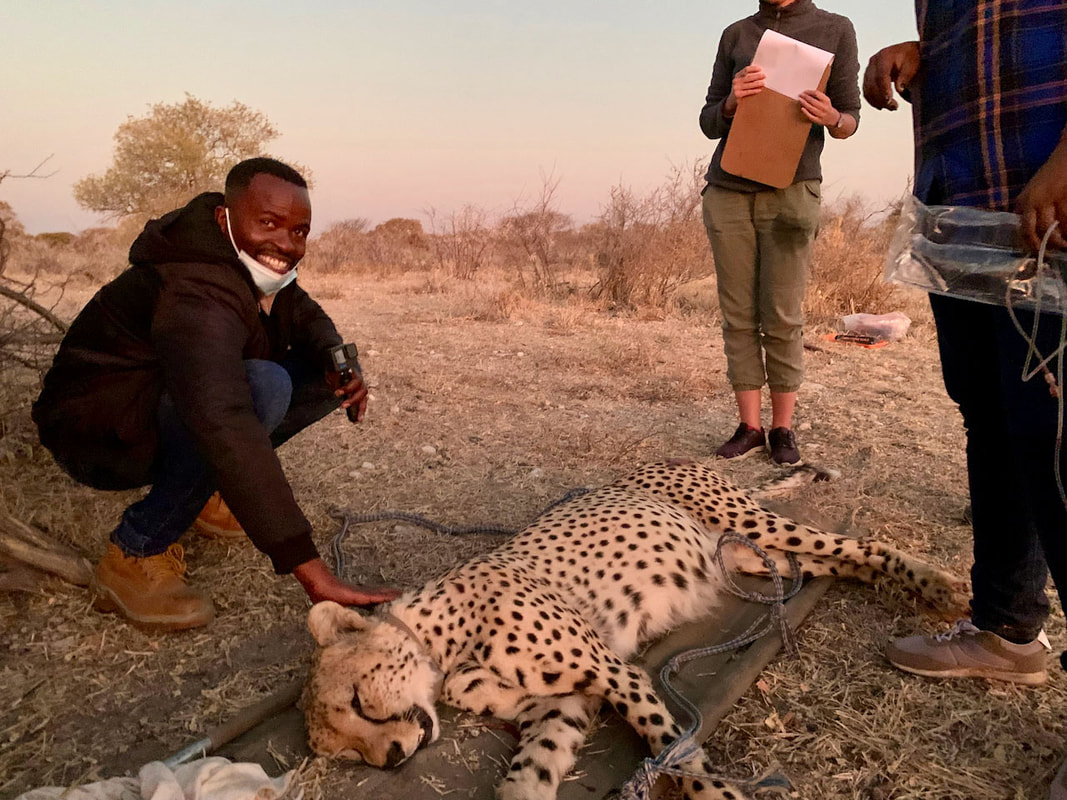
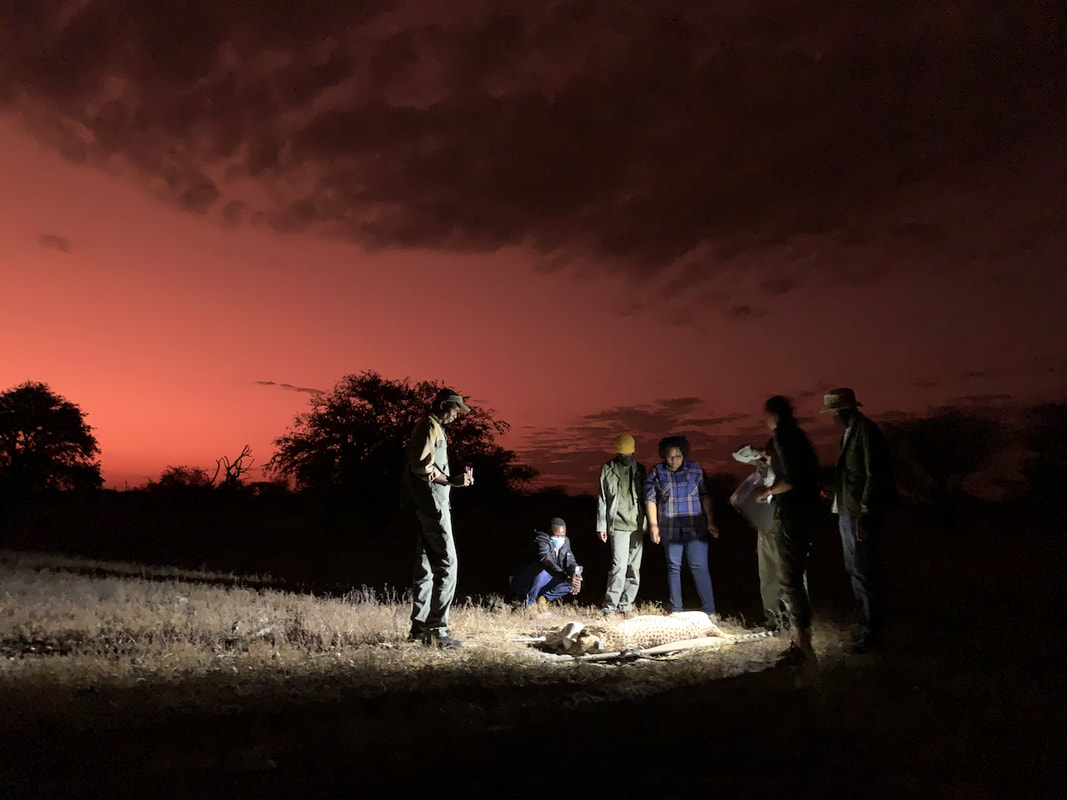
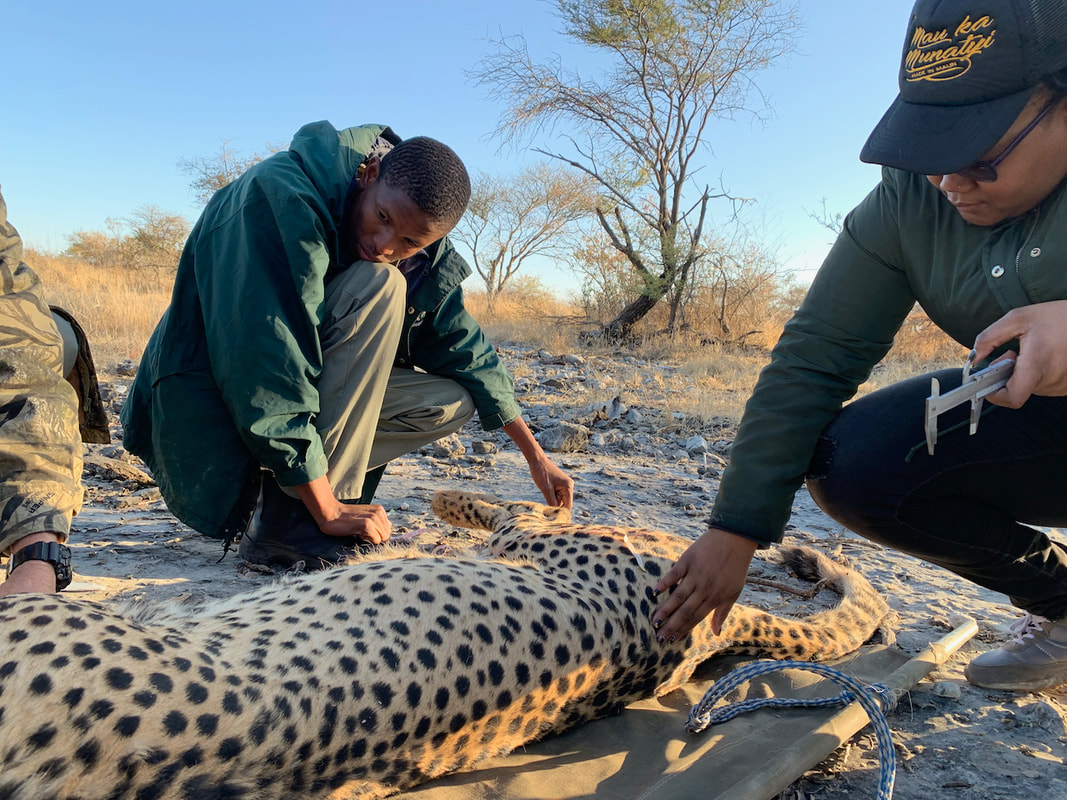
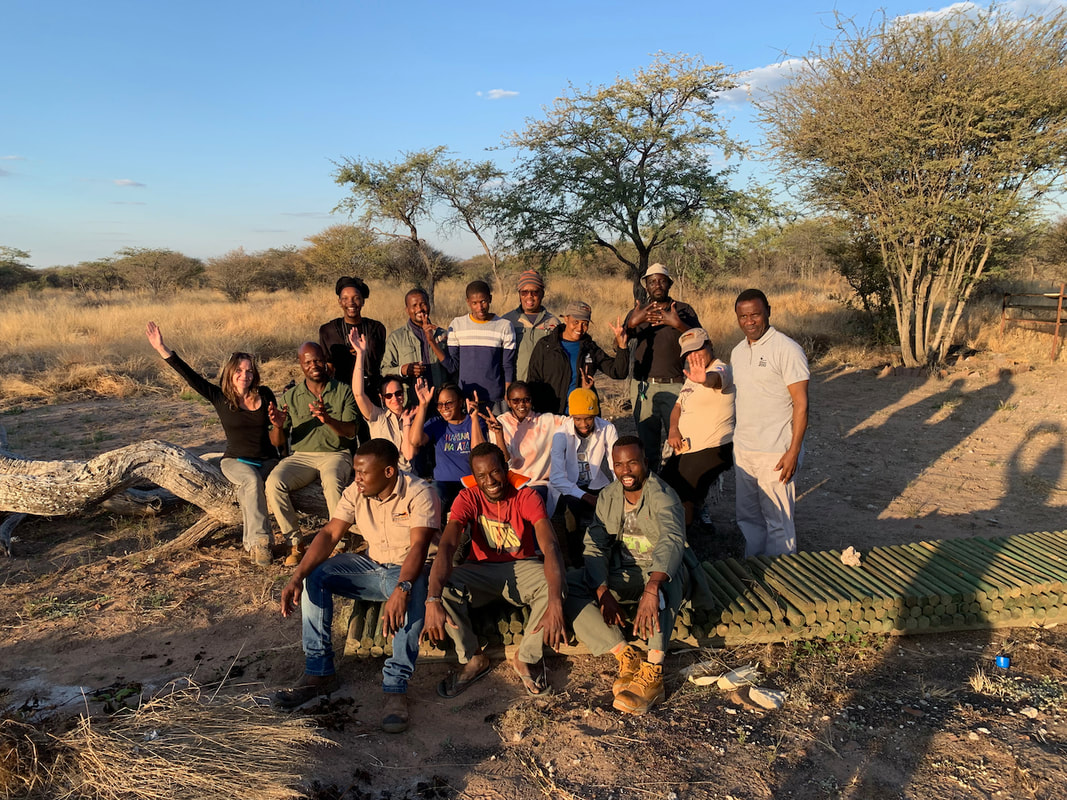
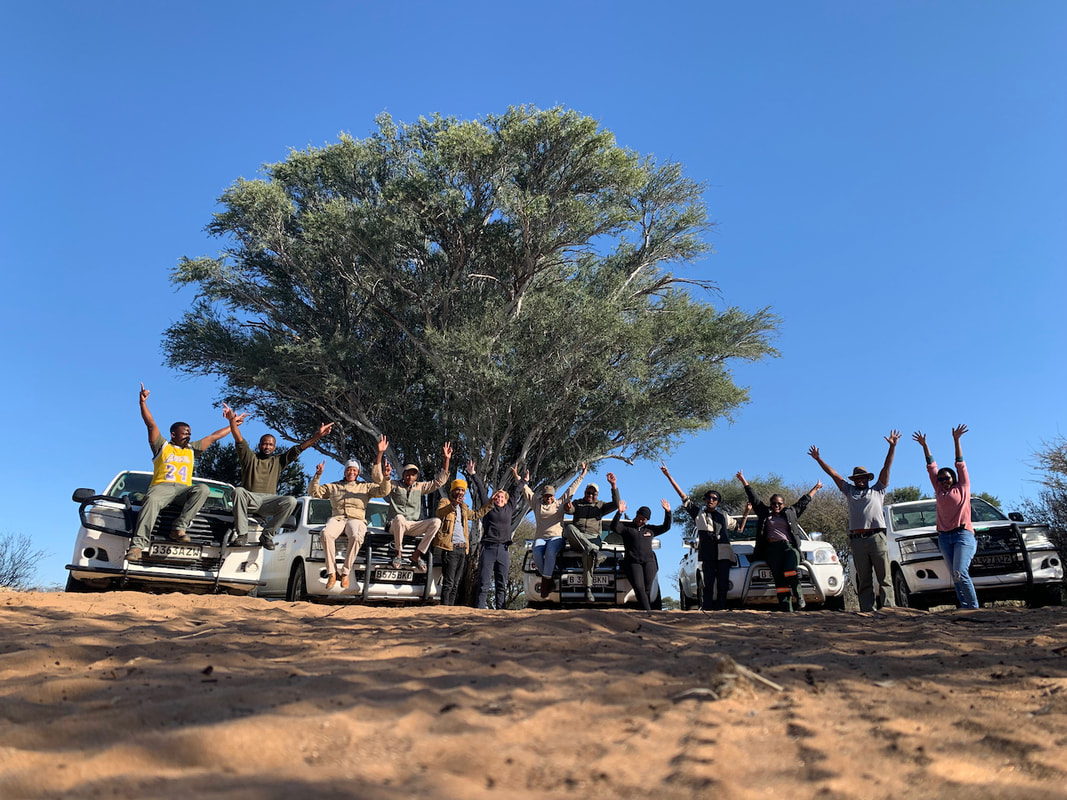
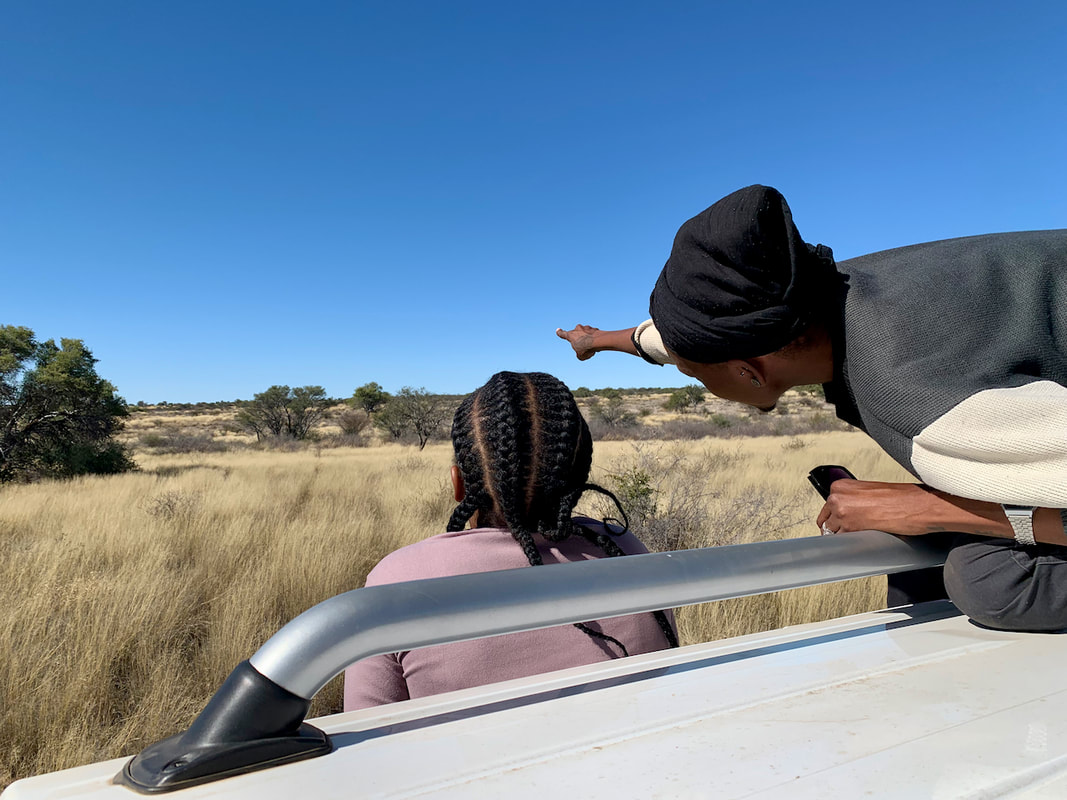
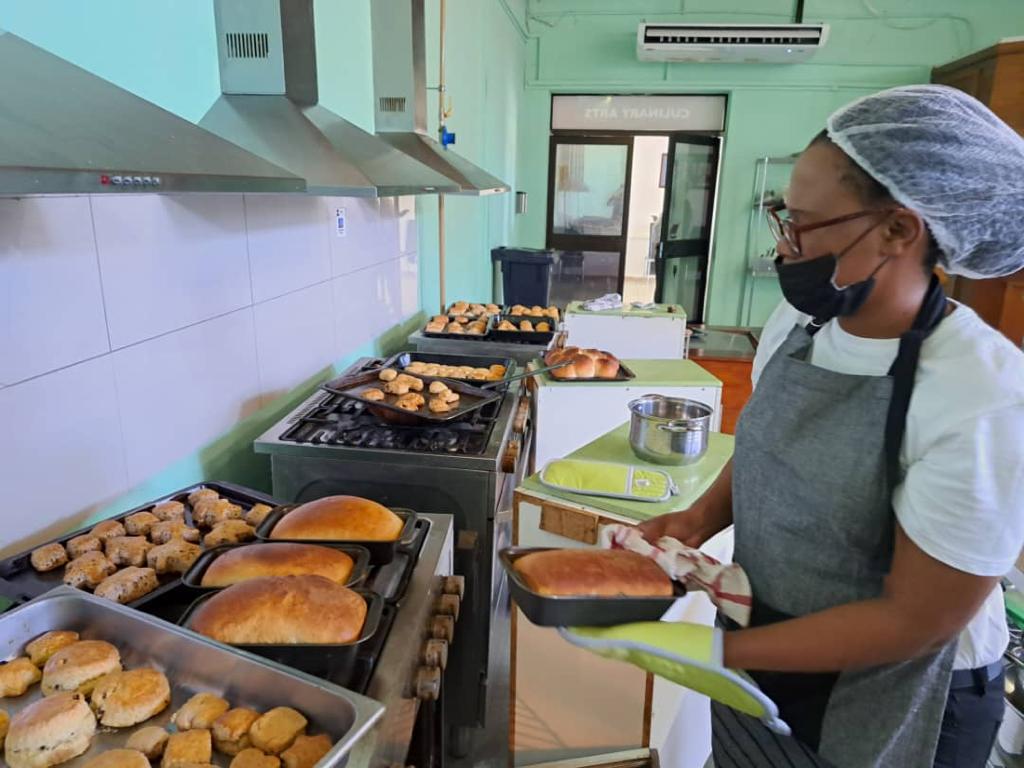
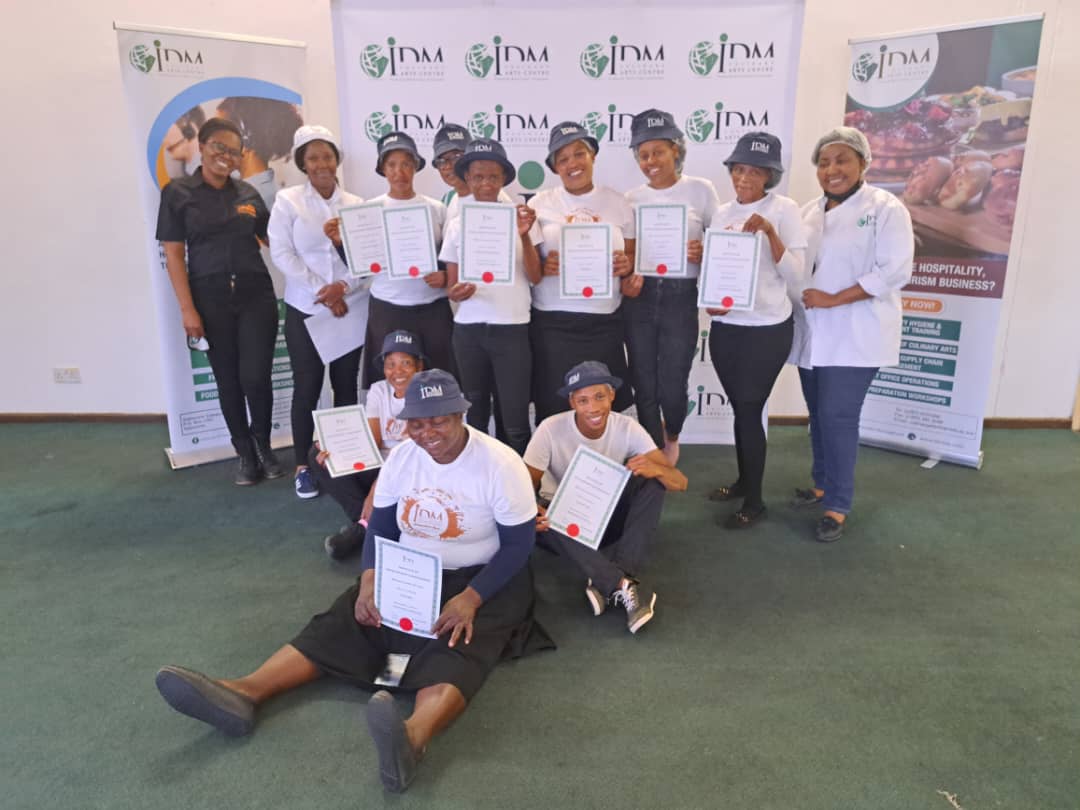
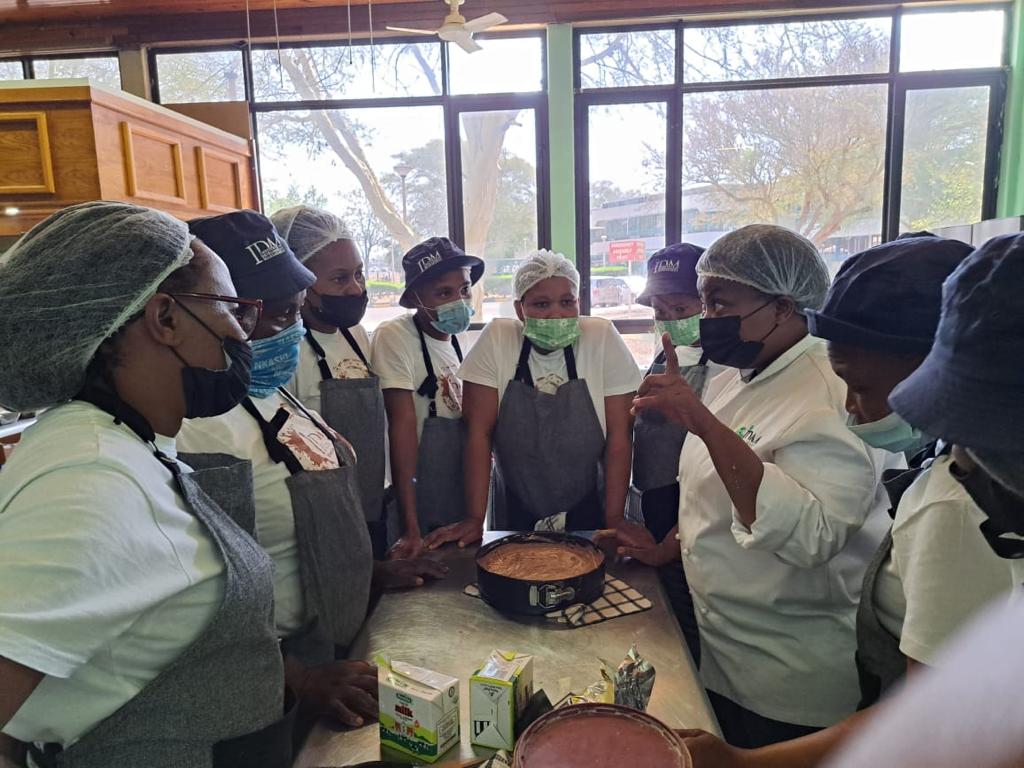
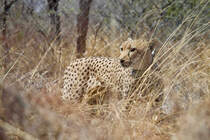
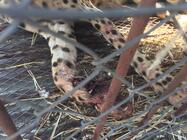
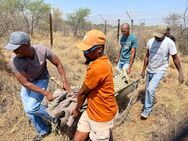
 RSS Feed
RSS Feed
